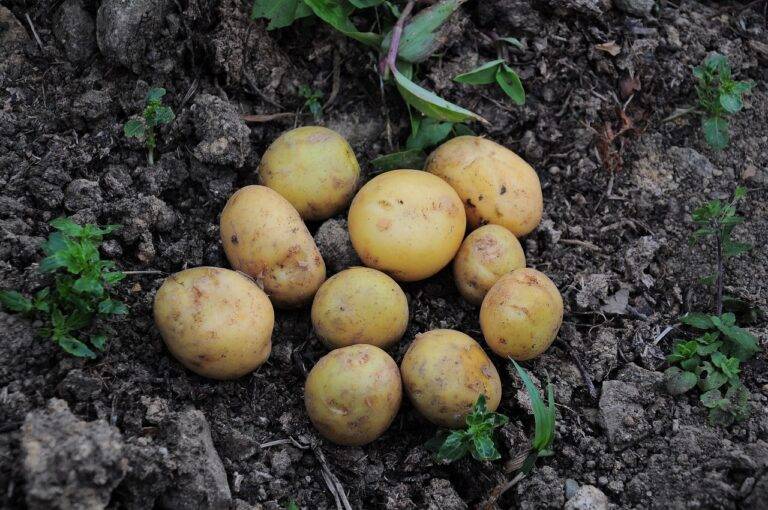Sustainable Gardening: Tips for Eco-Friendly Practices in Your Garden
Sustainable gardening practices contribute to the well-being of the environment by reducing the use of chemicals and preserving biodiversity. By minimizing water consumption, composting organic matter, and promoting natural pest control methods, sustainable gardening helps in conserving precious resources and minimizing pollution. This eco-friendly approach fosters a healthier ecosystem and supports the overall sustainability of our planet.
In addition to benefiting the environment, sustainable gardening also offers advantages for individuals. Gardening in this manner can lead to improved physical health through outdoor activity, stress reduction, and access to fresh, home-grown produce. Moreover, sustainable gardening provides opportunities for learning and connecting with nature, creating a fulfilling and rewarding hobby that promotes a greater sense of well-being.
Choosing Native Plants for Your Garden
One of the key aspects to consider when planning a garden is the selection of plant species that are native to your region. Native plants are well-suited to the local environment and require less maintenance compared to non-native species. By choosing native plants for your garden, you can create a sustainable landscape that thrives with minimal intervention.
In addition to their low maintenance requirements, native plants also play a vital role in supporting local wildlife. These plants provide food and habitat for birds, insects, and other animals that are essential for a healthy ecosystem. By incorporating native plants into your garden, you can help preserve biodiversity and create a more resilient and sustainable environment.
What are the benefits of sustainable gardening?
Sustainable gardening helps conserve water, reduce the use of harmful chemicals, promote biodiversity, and support local wildlife. It also reduces the need for maintenance and creates a more resilient ecosystem.
How do native plants benefit my garden?
Native plants are well-suited to the local climate and soil conditions, making them more resilient and easier to maintain. They also attract native pollinators and wildlife, creating a more balanced and healthy ecosystem.
How do I choose native plants for my garden?
Start by researching the native plants that grow in your region and match them to the specific conditions in your garden, such as sun exposure, soil type, and moisture levels. Consider the mature size of the plants and how they will fit into your overall garden design.
Where can I find native plants for my garden?
Native plants can often be found at local nurseries, botanical gardens, or native plant sales. You can also contact your local extension office or conservation organization for recommendations on where to find native plants in your area.
How can I ensure the success of native plants in my garden?
Make sure to plant native plants in appropriate locations with the right soil conditions and sun exposure. Provide regular water and consider mulching to retain moisture. Monitor the plants for pests and diseases and address any issues promptly.





